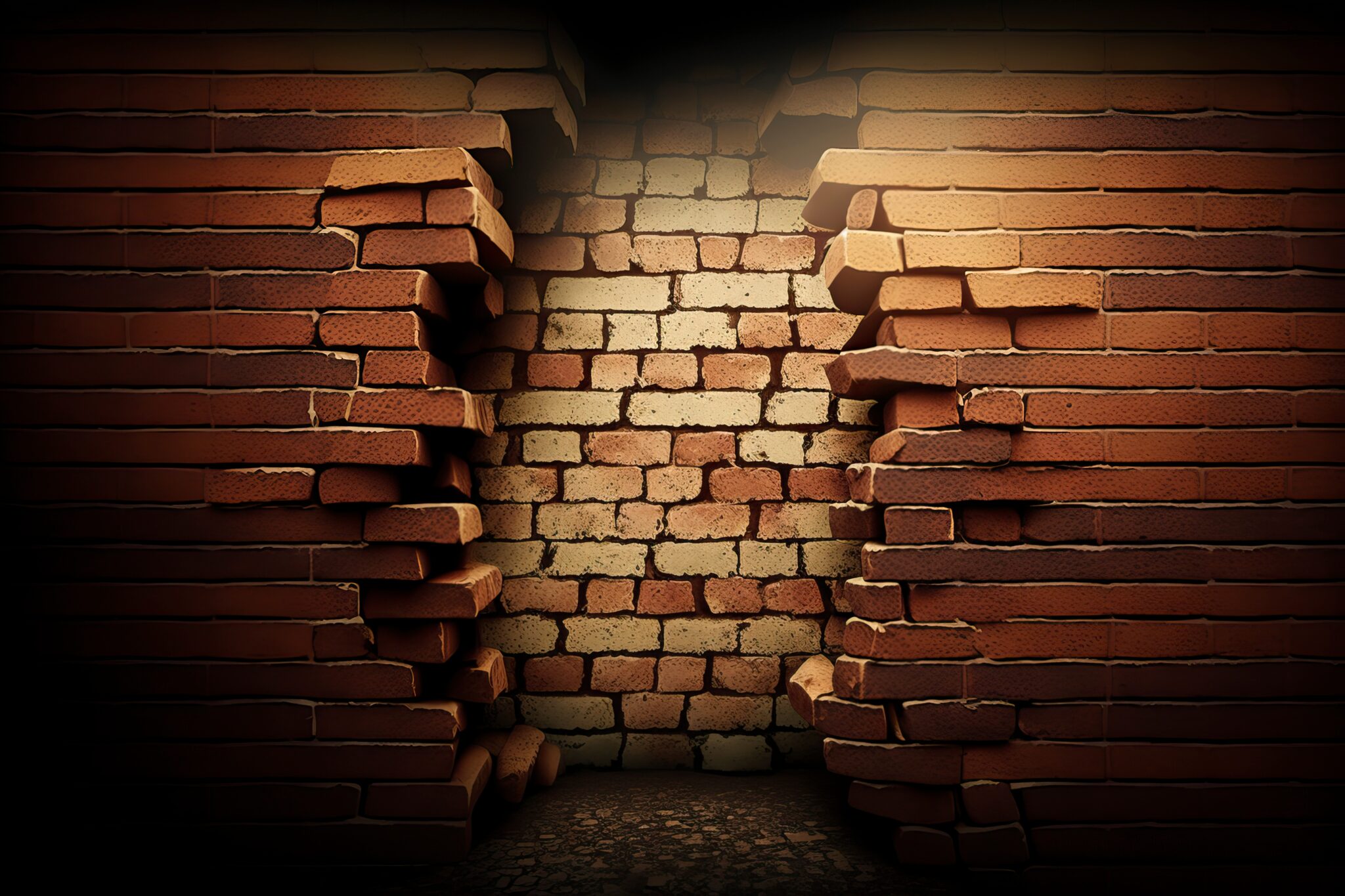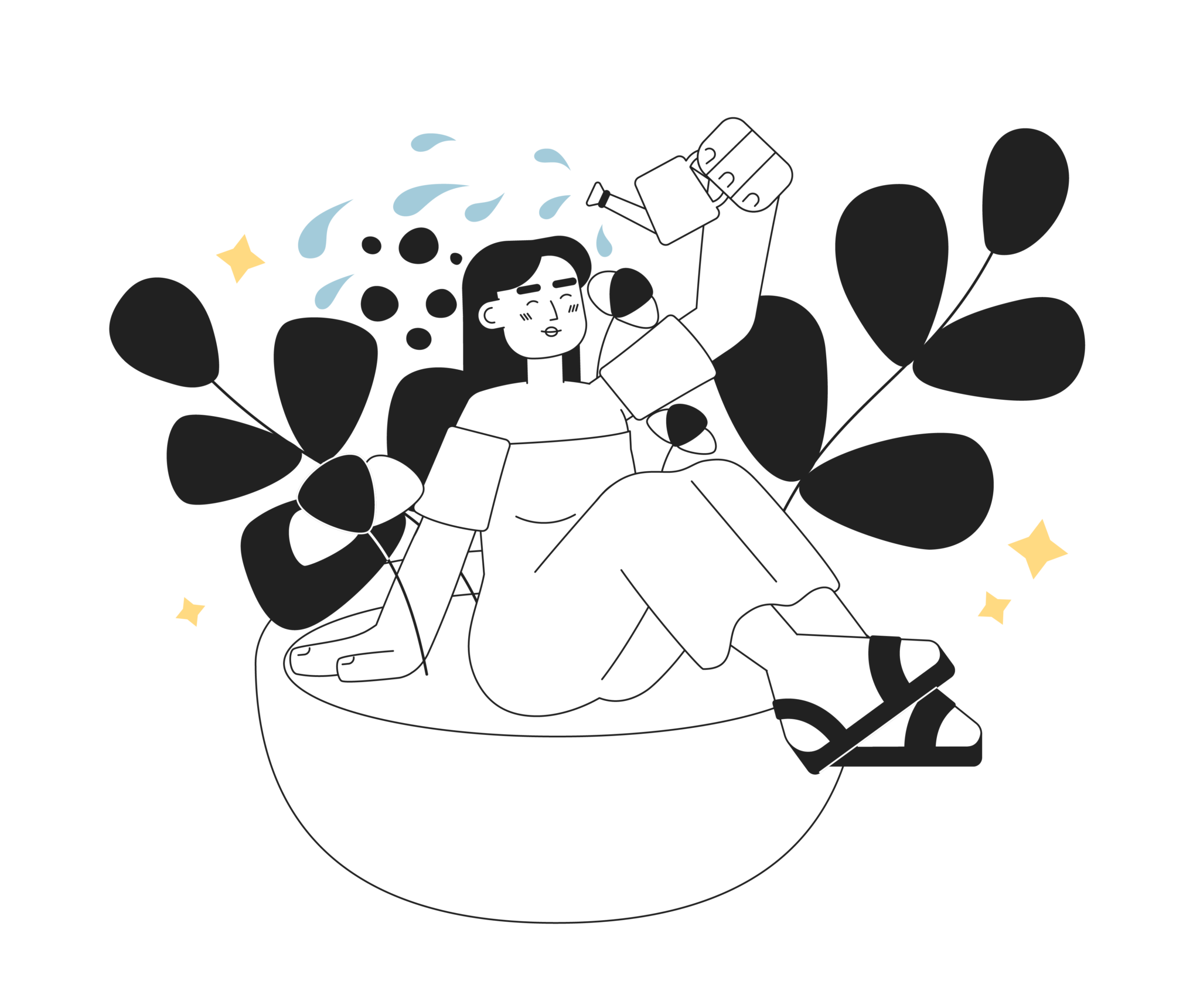A few years ago, this was true. I was sick of being a physio. I never said it out loud, because I’m a pleaser, but it was how I felt. I was managing a clinic and a home, looking after children, supporting my husband through a career change, and trying to find time for my parents after my Mum’s head injury. My bucket was full. And in this state, a clinic list that I would normally breeze through, became a daily mountain to climb. Sound familiar? It wasn’t the life I’d signed up for.
What I should have done was acknowledge I was doing too much and show myself the care I would show my patients. I have a little pixie in my head, however. He’s called Ferdinand and he chats a lot.
“You’re not great at this are you, Jo? It doesn’t matter how many courses you do, or qualifications you get, you still won’t feel as good as all those brilliant physios you see online. I bet they get all their patients better. And what are those young physios who work for you going to think? You used to be like them, where’s your mojo, Jo? “(he thinks he’s funny)
“And another thing Jo. I know you don’t always agree with your colleagues, but you won’t say anything will you? You have these great ideas but who gets to hear them? Me, that’s who. Scared you’re going to be rejected? I’m not surprised, they can be brutal when you say something stupid. Probably best to just keep quiet, you’ll be safer that way.”
It wasn’t just physio; I was sick of Ferdinand.
Maybe you have your own version of this story, and maybe your own pixie. We physios can be prime pixie fodder, good girls, and boys, driven by perfectionism (fear in high heels) and stuck in a cycle of striving. Exhausting, isn’t it? And for people who are great at drawing a history from our patients, we’re rubbish at talking about it when we’re struggling.
Over the next couple of years, I did a lot of personal development as well as a short course of psychotherapy. Along the way, I met a lot of medics who had suffered various degrees of job stress and burnout. Without exception, they had found the help outside of their professional environment. This might be a reflection on available resources to support healthcare workers, but I suspect it is also due to our inherent need to keep face with our colleagues and always be ‘okay.’
My assumption was that I was going to have to make some big, dramatic life changes to feel better. For some people this might be true, perhaps they do need a career change, to end a relationship, or move to another country? With some time and some great coaching however, I realised that although I had changed since those early days of geeky physio; my purpose and my reasons for showing up as I do at work, were the same. My guiding principles are courage, collaboration, and kindness. For many years, physio and teaching Pilates had provided a platform for me to express these principles. These days, as a business owner and coach, I find myself more interested in what makes people, particularly my colleagues in healthcare, tick. But it’s still about courage, collaboration, and kindness.
Imagine a new era of physio. One where self-care is taught at physio school and is an ongoing cpd requirement, part of our fitness to work? Where we are comfortable with vulnerability, failure is expected and celebrated. Curiosity and new ideas are valued and being kind is as important as being right.
It’s already happening. Great people in our world of healthcare are starting to speak of compassionate leadership, inclusivity, and innovation. I’m proud to be working alongside some of them and making my small contribution, coaching physios who dream of something better. And by speaking out about the things which have frustrated me in my career, things I would like to be better for health professionals of the future.
I’m not sick of physio anymore. All around me, I see intelligent, articulate colleagues with so much to offer the healthcare systems of the future. Let’s have a word with our pixies, thank them for their contribution and for keeping us safe, but tell them “It’s okay we’ve got this, we’ve got each other, and we’ve got important work to do.



